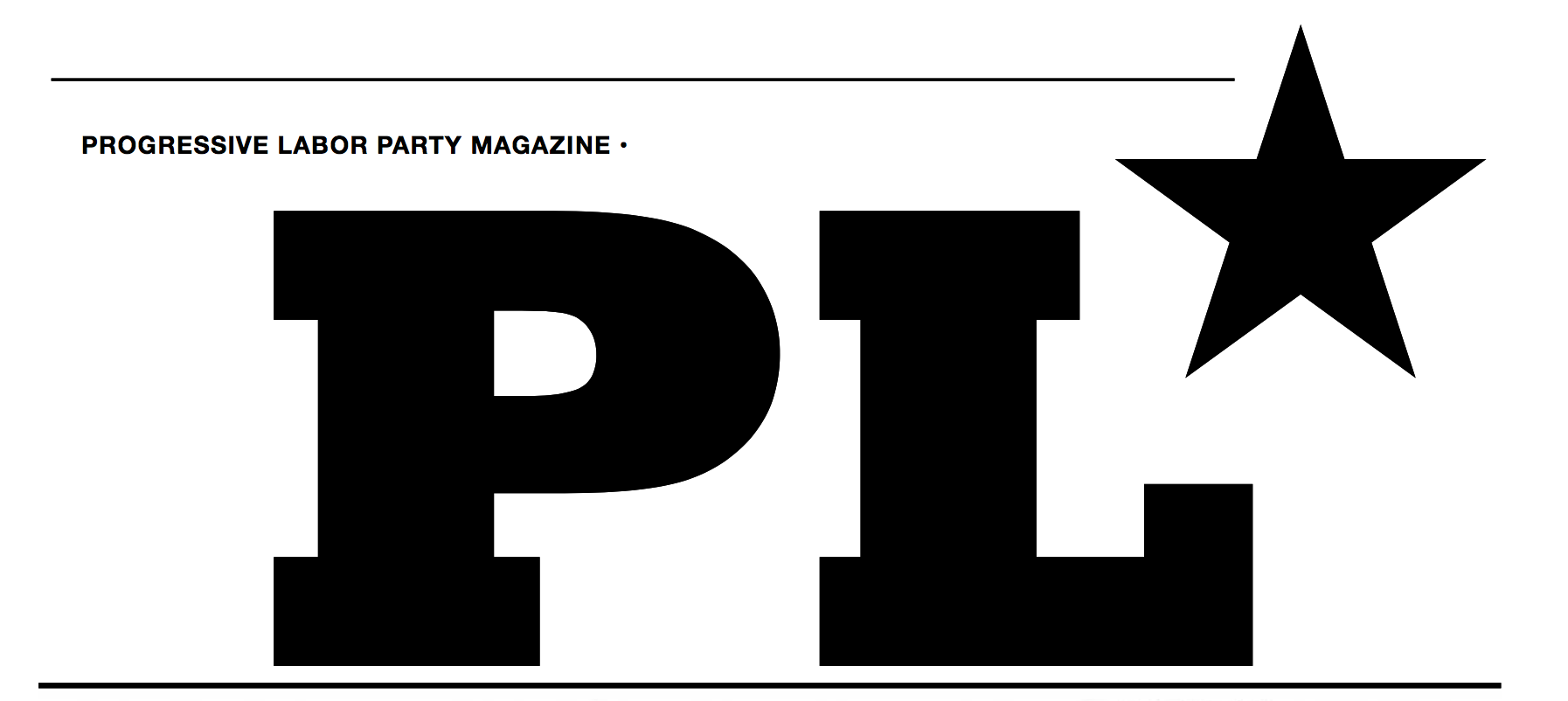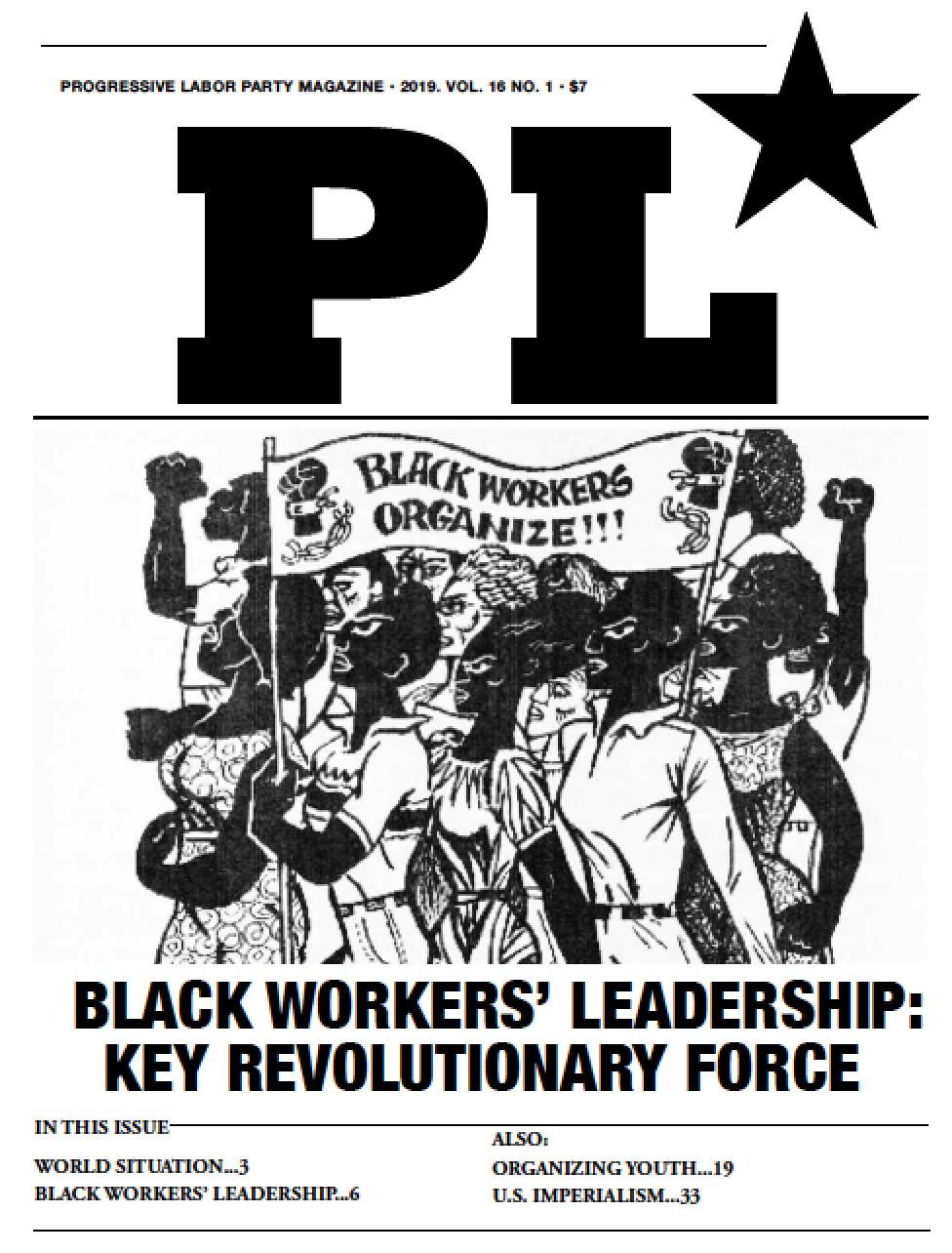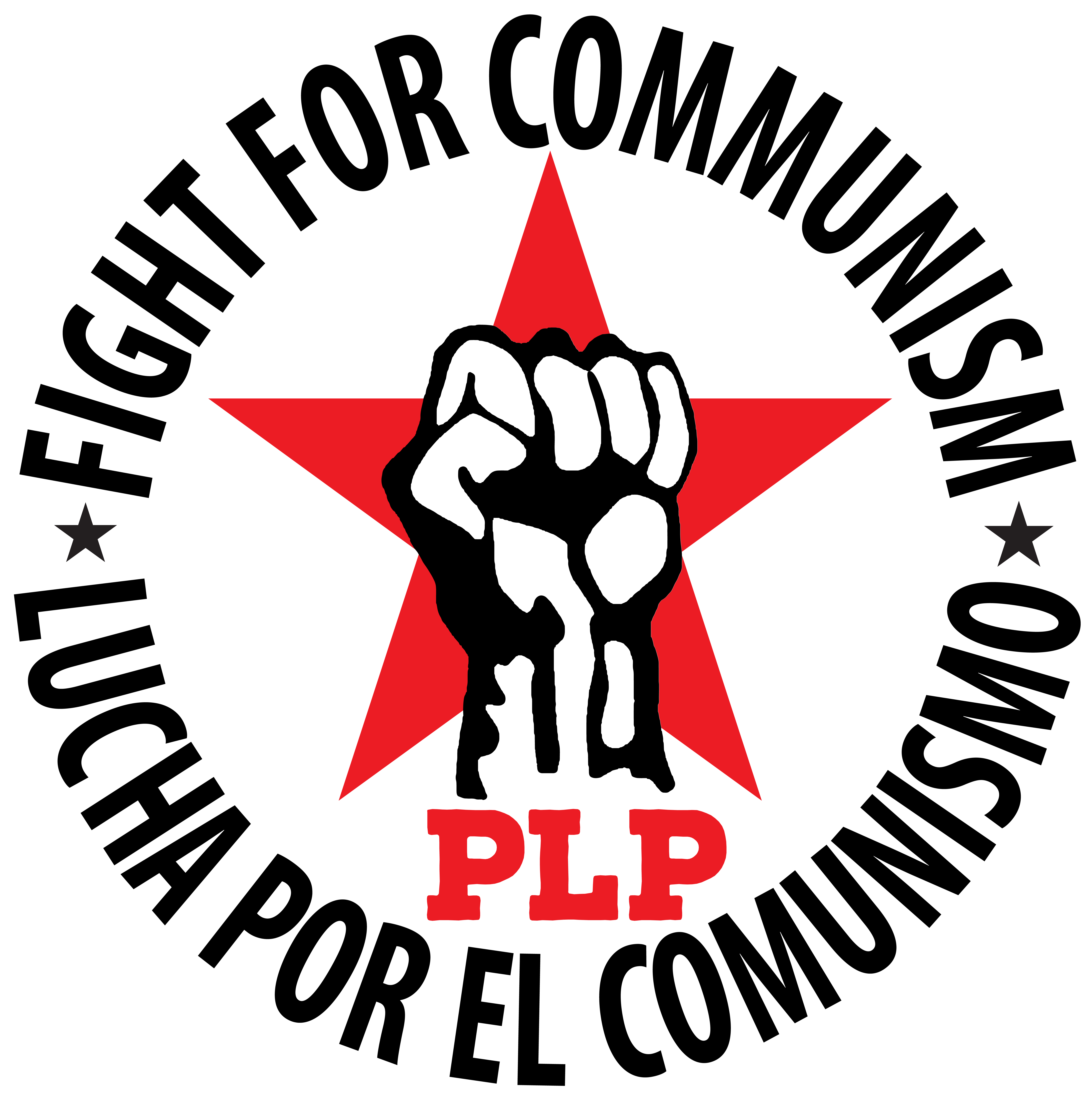Bangladesh: Women Textile Workers Battle Bosses
 Wednesday, September 19, 2012 at 2:13PM
Wednesday, September 19, 2012 at 2:13PM There’s no better reason why the working class needs an international party than the current struggle in Bangladesh where textile workers — 80 percent women — are waging a militant fight against the full force of the Bangladeshi government, local factory owners and international clothing retailers.
The workers make $35 a month, working 12- to 16-hour days, six days a week — barely a dollar a day. European and U.S. companies like Wal-Mart, H&M, Marks & Spencer, Carrefour, Tommy Hilfiger and American Eagle have flocked to Bangladesh to take advantage of the world’s lowest-paid and poorest workers.
Even Pakistani bosses, who pay workers $50/month, are relocating their factories there. “Labor costs in Bangladesh are cheaper and the workers tend to be more efficient,” said a former textile minister. Electricity costs are lower and, unlike Pakistan, fewer work-days are lost to electricity outages, increasing profits as much as 30 percent. Although China remains number one in global apparel exports (with Bangladesh now second), a recent BBC program reported Chinese manufacturers increasingly moving to Bangladesh. One Chinese textile boss declared that “her” workers, at $500/month, were costing too much; Bangladesh would swell her profits.
Class War
But these bosses and global brands, forever pursuing cheap labor, are discovering that workers will not take all this lying down. They are fighting back.
Bangladeshi textile workers are demanding wage increases and better, safer working conditions, sparking militant strikes and street protests. In July, a half-million Bangladeshi workers shut down all 350 factories in an industrial zone in Dhaka, the capital. The uprising, sparked by the torture and assassination of Aminul Islam, a well-known union organizer, badly hurt business owners and their international retail clients
Karl-Johan Persson, CEO of H&M, Sweden’s vast clothing retailer — needing to stabilize the situation and fearful of even more violent upheavals — urged Bangladeshi Prime Minister Sheikh Hasina to increase the minimum wage. He offered to pay more for his garments, 25 percent of which come from Bangladesh.
Hasina’s government, clearly siding with the country’s 5,000 garment bosses who are major political donors, has resisted raising the minimum wage and addressing labor-rights issues. The powerful president of the Bangladesh Garment Manufacturers and Exporters Association, Shafiul Islam Mohiuddin, said it was “factory owners who were being victimized in some conspiracy,” and “there was no logic for increasing the wages of the workers.”
Two-thirds of Parliament members belong to the country’s three biggest business associations. Thirty factory bosses hold 10% of Parliamentary seats. They’re buying newspapers and TV stations whose news often emphasizes the disruptions caused by protests, not the appalling conditions for workers.
Rulers’ All-out Armed Attacks
The government has used the full power of the state against the militancy of women workers in Bangladesh to intimidate them and crack down on protests. The battle lines are clearly drawn and the government is pulling no punches.
Ranking officers from the military, the police and intelligence agencies command specially created agencies to monitor garment workers and collect intelligence on activists. The Riot Police charge into demonstrators, beating them with clubs. They fire rubber bullets, turn on powerful water cannons and use tear gas to disperse protestors.
The Rapid Action Battalion, a new paramilitary force, carries out vigilante attacks known as “crossfire” killings, and intimidates workers while patrolling factory floors. Before Aminul Islam was found tortured and murdered in April, he reported being threatened by the Rapid Action Battalion.
His assassination, which is still “under investigation,” has spawned an international campaign by labor activists demanding justice in his case and a process in which workers, government and local and international textile bosses can negotiate wages and working conditions.
Even Hillary Clinton, visiting Dhaka in May — the first visit by a U.S. Secretary of State in nine years — has called for a “fair wage.” The Obama administration’s concern over labor rebellion underscores Bangladesh’s geo-political importance as a regional ally in southern Asia and a U.S. foreign policy “pivot” to the Asia Pacific. Clinton’s visit is expected to lead to joint military exercises and exchanges involving counterterrorism and security.
U.S. companies like energy giants Chevron and ConocoPhillips, have huge investments in Bangladesh. Chevron supplies half the country’s natural gas, while ConocoPhillips has recently signed agreements to explore for gas and oil reserves in the Bay of Bengal.
‘Fair Wage’ Impossible Under Capitalism
Given that U.S. and British banks and international lending agencies hold the purse strings, the Bangladeshi government, under pressure to stabilize the country, may well offer what they would call a “fair wage” to the textile workers.
What would that mean? Would these bosses be prepared to pay enough so the women — many of whom are their families’ sole breadwinners — rise out of abject poverty, work 8-hour days, get holiday pay, health care and schooling for their children? Expecting bosses to give up their profits and negotiate even this kind of increase is fanciful. Presenting it as a solution, as the labor activists are doing, is misleading these workers about capitalism’s true nature. Under this system, production is solely for the bosses’ profit, not to benefit workers, whose exploitation is the source of those profits.
Any loss capitalists may take paying more to one set of workers will be passed on to other workers. H&M will pay its workers in Europe and the U.S. less, and raise the price of its goods — or surf the world for a cheaper labor force as the Pakistani bosses have done. Sixty thousand workers in Pakistan have lost their jobs since textile manufacturers moved to Bangladesh and neither they nor the Pakistani government plan to compensate workers for job losses.
PLP declares that for workers to be free in one place workers need to be free everywhere. And that means fighting for a communist society where production is based on the needs of the working class. Workers in Bangladesh need to turn their fight for an illusory “fair” wage into a fight for communism, joining PLP to build an international working-class party: one class, one party, one fight.





 Progressive Labor Party (PLP) fights to destroy capitalism and the dictatorship of the capitalist class. We organize workers, soldiers and youth into a revolutionary movement for communism.
Progressive Labor Party (PLP) fights to destroy capitalism and the dictatorship of the capitalist class. We organize workers, soldiers and youth into a revolutionary movement for communism.




Reader Comments